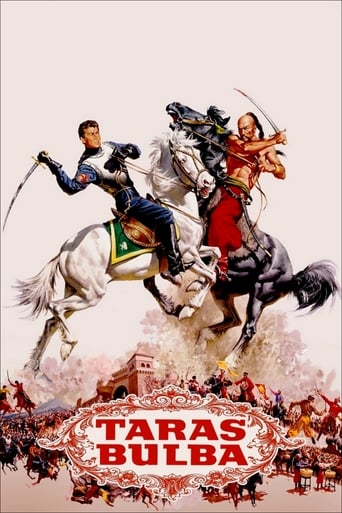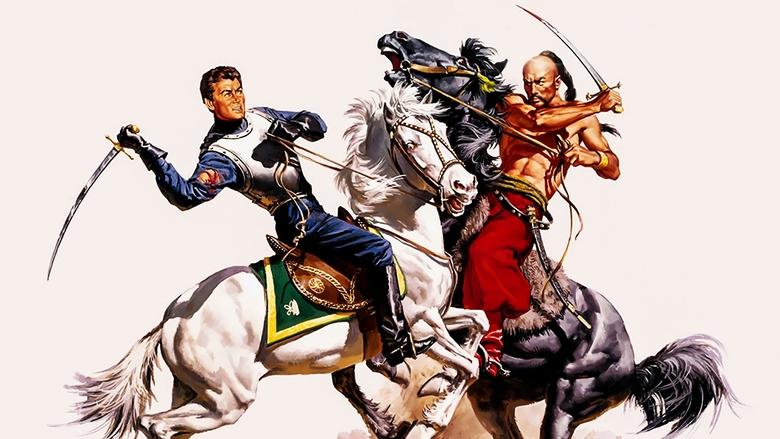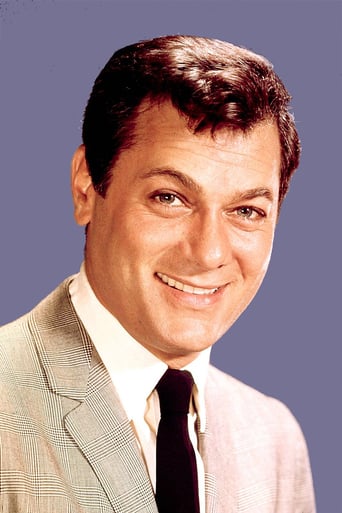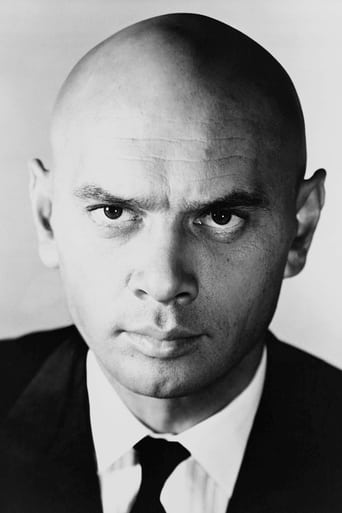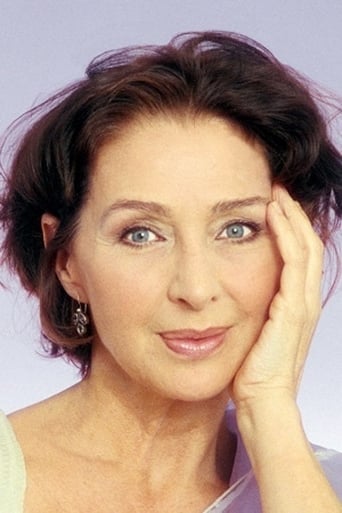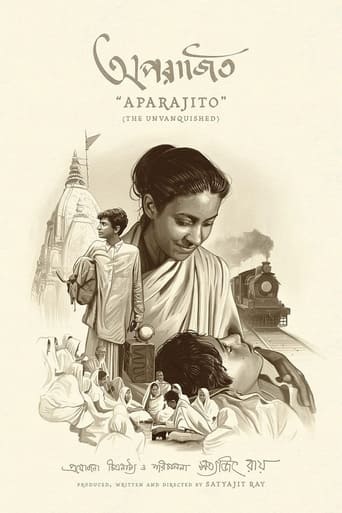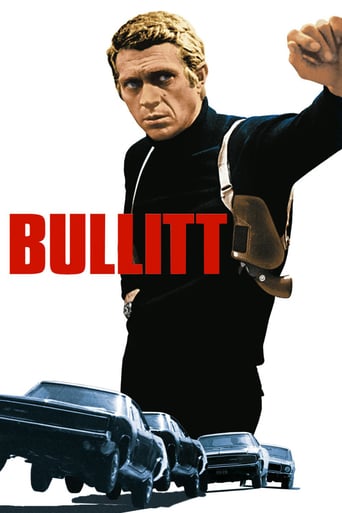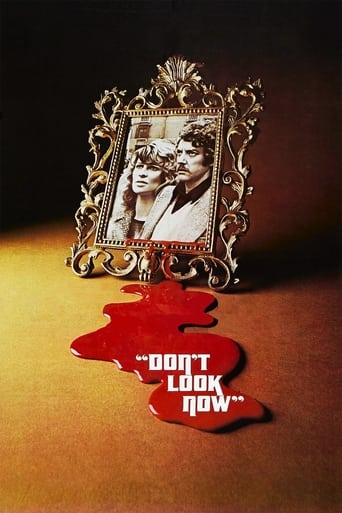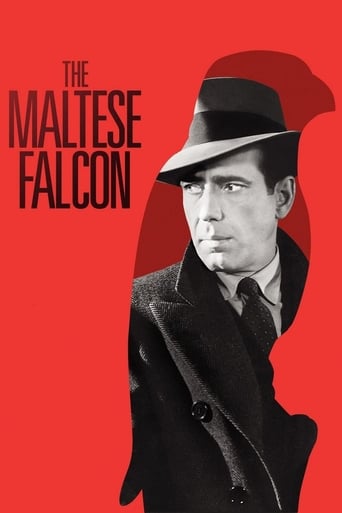Taras Bulba (1962)
Ukraine, 16th century. While the Poles dominate the Cossack steppes, Andrei, son of Taras Bulba, a Cossack leader, must choose between his love for his family and his folk and his passion for a Polish woman.
Watch Trailer
Cast


Similar titles
Reviews
a beautiful film like many from the same period. good adaptation of Gogol's novel, remember of Ukraina's past, great battle scenes and romanticism in great doses. a film who represents the sensitivity of a time, with same ambition to be memorable, with same force of image and cast, a fairy tale who must impress and to be result of same rules who use same ingredients. so, it is not difficult to analyze its sins, errors or mistakes. but it is the wrong way in this case. because the purpose is clear - enjoy the film, admire the costumes and the fights, be part of story , near the anger of father or the foolish love of the son. sure, Yul Brynner is not exactly Taras Bulba . but its job is right and that is only important thing. so, a good movie. maybe for remember the beauty of a lost world/sensitivity.
Taras Bulba is directed by J. Lee Thompson and adapted to the screen by Waldo Salt and Karl Tunberg from a story by Nikolai Gogol. It stars Yul Brynner, Tony Curtis, Christine Kaufmann and Perry Lopez. Out of United Artists, it's a DeLuxe/Eastman Color/Panavision production, with the music scored by Franz Waxman and cinematography by Joseph MacDonald.Loosely based on Gogol's short novel, story tells of a Cossack uprising against the Polish forces who have taken control of the Ukraine. At the centre of the Cossack army is the leader Taras (Brynner) and his two sons, Andrei (Curtis) and Ostap (Lopez). But when Andrei falls in love with a Polish princess called Natalia (Kaufmann), it sets the wheels in motion for the Bulba family to crack from within; just as the Polish come calling asking for the Cossacks help to defeat the Turkish.While not as epic as the film, the troubled back story of the production is big enough to lend one to understand why Taras Bulba is not the grandiose picture the story deserves. Main problem comes with casting, particularly that of Curtis as the elder Bulba son. It should have been Burt Lancaster, who walked, so in came Curtis and a decision was made to put him front and centre of the picture. Thus rendering Brynner's title character to playing second fiddle, so much so they really should have called the film Andrei Bulba instead. On his day Curtis could act, but he's out of place here playing a Cossack with brain and brawn. Then there was the small matter of Curtis' marriage to Janet Leigh falling apart, with Leigh visiting the set, falling ill and no doubt noticing the sparks flying between Curtis and his delectable co-star, Kaufmann. Curtis would say it wasn't the final straw, but with him going on to marry Kaufman shortly after his divorce, it's hard not to think that it sealed the deal!He's not helped by the writers, though, who allow the love story sub-plot between Andrei and Natalia to form the core of the plot. They too, Messrs Salt & Tunberg, were brought in after historical novelist Howard Fast (Spartacus) refused to tone down the screenplay. He wanted to include what was an important part of the Cossack/Pole war, that of the Cossacks anti-Semitic attack on Polish Jews. The makers balked and Salt & Tunberg came in and delivered the Andrei overkill and some rather cheese laden dialogue. Brynner was crushed, his biography (written by his son Rock) reveals that it was a role and film he cared for more than any other, he had grand plans for the portrayal but the makers didn't share his view. A shame because what we do get of Brynner is wonderfully exuberant, muscular and (correctly) scene stealing.However, when Taras Bulba as a film is good, it's real good, and thankfully it's never dull, even if it's it a bit more jovial in the mid section than it is meant to be. Thompson was a fine director of action and suspense, and he gets to flex his muscles here to great effect. Casting aside the cheap shots of dummies and wooden horses being hurled about a couple of times, the sight of thousands of men on horseback swarming across the Steppes (actual location used was Argentina) is spectacular. The battles are fierce, violent and gripping, while the scenes in the Cossacks camps are joyous as men drink, sing, test their manhood by doing things like dangling over a bear pit, it's all very robust and Vikingesque, but entertainingly so. There's even some dashing sword play, while quality suspense is eked out during a challenge to the death over a seemingly bottomless gorge.Joseph MacDonald's Panavision photography neatly brings the wide vistas to life, aided by the use of Eastman Color which gives off a nice period hue. Waxman delivers a blunderbuss score that's seasoned with Russian vitality, while the costume department deserves a mention for their efforts, particularly for the Polish army who look dandy men of steel. Yes it's a film of flaws and bad decisions, but the good does outweigh the bad in this instance, and how nice it is to have the chance to see a little known part of "bloody" history up there on the screen. 7/10
It's hard to resist this headlong story of Zaparoshki cossack Taras Bulba, Yul Brynner, and his son Andry, Tony Curtis, set in the 1600s. Essentially, the plot is that Taras Bulba hates the Poles and is always ready to revolt and fight them, but Curtis falls in love with a Polish princess while studying in Kiev. In the end, Curtis saves his girl, Christine Kaufmann, but only at the expense of his life. To keep Kaufmann from being burned at the stake, Curtis helps the Poles and is executed by Taras Bulba, his own father.This is the kind of movie that's usually called "epic." They must have used a thousand extras in scenes of hordes of horsemen sweeping across the Russian steppes. All of them wear colorful costumes. Nobody ever rides a horse except at full gallop. The musical score by Franz Waxman soars above all the on screen noise. The three opening notes of the main theme, first up and then down, follow precisely those of the most familiar Japanese folk song in existence, easily YouTubed. And, man, is there a lot of noise. Cossacks lived in semi-independent communities that were organized along military lines, with regiments and so forth, and they fought hard and played equally hard. Their usual role when allied with other armies was reconnaissance and ambushes.The Jivaro tribe of the Amazon basin, major headshrinkers, were also fond of ambushes in warfare. I don't know why I'm inserting this datum. I guess since I had to learn it, I don't see why anyone else should have the privilege of not knowing it. Try to think of it this way. There are maybe three or four people on earth that know that the ambush was the Jivaro's favorite tactic in combat -- and you are now one of them. I shake your hand.Where was I? Yes, a stupendous, colossal movie in every respect but it is dated. If they were to make a modern movie of Gogol's story (and they have, just this year), I don't think Tony Curtis or anyone like him would be chosen to play Andry. Nor would the actor have Curtis's slicked-back and gelled hair do. And every scene wouldn't be shot under the blazing suns of California, Argentina, and Yugoslavia -- especially not Yugoslavia. There would be occasional clouds, rain, and mud. Everything wouldn't be so sterile, so free of lice and pimples. In short, a remake wouldn't look so much like it had been produced and directed by Cecil B. DeMille. The movie belongs to the Old Hollywood, the classical Hollywood of studios and contract players, that was fast disappearing. This may be among the system's last ticks.I don't know who they might get to play Taras Bulba. Yul Brynner seems to the character born. He was a Russian himself and in this kind of arrogant role, his default setting was the King of Siam. He always stands with his legs spread, his fists on his hips, and he bellows every word.And I can't be sure about Christine Kaufmann as Princess Natalia either. She's a pretty young woman with a winsome manner. Tony Curtis married her. She's not much of an actress as far as it's possible to tell -- she has so few lines -- but her evident shyness before the camera may add the proper touch to her character. It's conceivable that a young cossack might fall for her tiny voice and gracile figure after all the muscular and hairy cossack women he's gotten used to. It's also conceivable that the romance will bore your cuirass off.These cossacks lead one hell of a life, by the way. If it's worth doing, it's worth doing to excess. They don't talk; they shout. They only have two interactional modes into which they can toggle. They either argue or play grab ass. Each cossack man drinks enough vodka to topple a rhinoceros, and THEN he walks across a plank balanced over a pit of enraged bears. A man stakes everything on his personal honor. A cross word must lead to death during a particularly tense and grueling ritual, at the end of which the loser takes his horse with him, a dirty trick on an innocent animal. The penalty for opposing the will of the majority is death. The penalty of accusing someone of cowardice is death. The penalty for falling in love with the wrong Polish princess is death. The penalty for everything is death. In one version of Gogol's story, Taras Bulba is nailed to a tree and set on fire. But -- this being Hollywood and not the banks of the Dniper -- in this movie Brynner survives, sadder perhaps about slaughtering his own son, happier perhaps because the cossack way of life is preserved, but no wiser.
Although the famous Nikolai Gogol novel, Taras Bulba, was filmed many times, this version starring Tony Curtis and Yul Brynner is the best known at least in the USA. It's an exciting portrait of 16th century Ukraine under the then powerful kingdom of Poland. What's strangely muted in this version though is the religious angle. The Poles are Roman Catholic and the Ukranians are Russian Orthodox, it's a very big part of the reason for the resentments shown here yet we never see the religious beliefs portrayed for either group. Not sure why the script didn't include it.As rulers the Poles hire out the Cossack Ukranians who in today's terminology might be considered a paramilitary outfit to fight off the Ottoman Turks and then turn on them. Yul Brynner as one of the Cossack brigade commanders lops off the right hand of Guy Rolfe, the Polish prince in retribution, but that hardly satisfies. He goes back to the steppes of the Ukraine and awaits a time for some real payback.In the meantime he fathers two sons, Tony Curtis and Perry Lopez, who both inherit their father's geopolitical views. Brynner sends them off to school in Poland to learn all the Poles know.While there Curtis falls in love with a Polish princess Christine Kauffman. It's the beginning of his downfall as a Cossack.In his memoirs Tony Curtis says that Yul Brynner was a strangely aloof character with a sort of self imposed grandeur about him in his manner. But that Taras Bulba was a part he was born to play. I certainly can't visualize anyone else in the role, including Burt Lancaster who originally had the screen rights then gave them to Tony Curtis when he couldn't do the film. Of course Brynner being in the title role might have had some resentments to being second billed to Curtis, but Curtis in fact as a co-producer and he who produces decides billing.Curtis also mentions that on the Argentine pampas location away from American laws, the long banned 'flying W' was used in the filming of the battle and charge scenes and many horses were killed. He also mentions that with production overrun costs and accountants ripping him and the film company off what started as a three million dollar film became a nine million dollar film and Taras Bulba in theatrical release barely cleared ten million.However Tony did get a second wife out of the film. Christine Kauffman became the second Mrs. Tony Curtis after the film. Curtis says that Christine did not break him and Janet Leigh up, that things were over before he met here, still that was the common gossip back in the day.Director J. Lee Thompson made great use of the Argentine pampas standing in for the Ukraine steppes and one does get a feel for the Cossack love of the land the freedom of the wide open spaces. Cossack stories in the Ukraine are just like our American westerns. Those people for all their faults settled and conquered much of what is now Russian Federation.As a bonus Franz Waxman's musical score which did earn Taras Bulba it's only Academy Award nomination is really quite rousing. We get to hear Yul Brynner sing in this film which is a treat, a Cossack drinking song. And the love theme for Curtis and Kauffman, The Wishing Star, is a very beautiful song that Tony Martin put on an album of film songs he did at the time.Ukranian Americans loved this particular film for which I can personally attest. I think others will as well.

